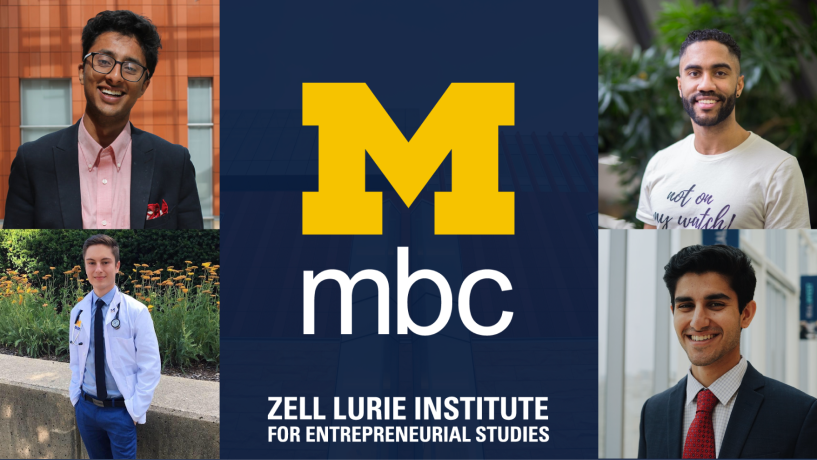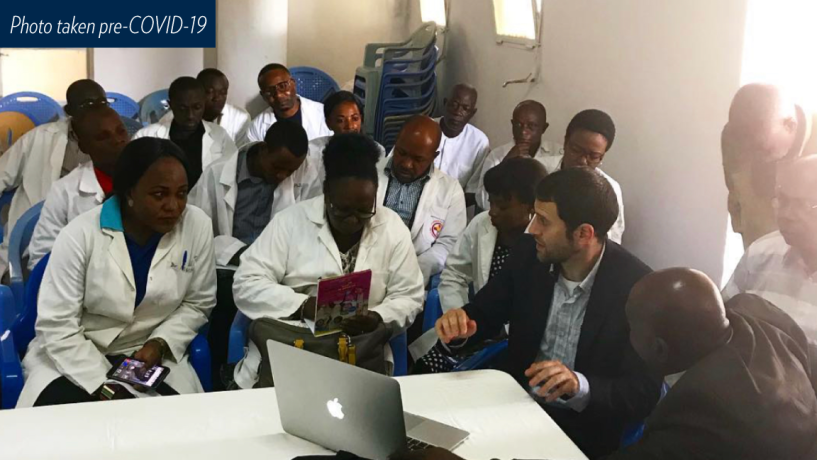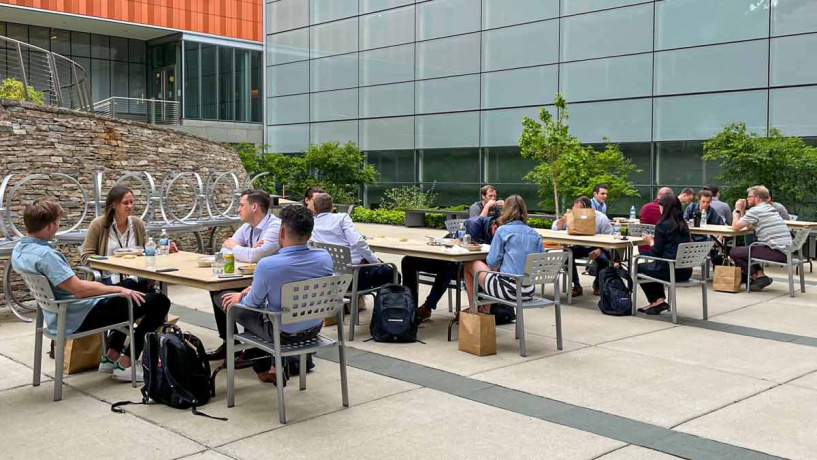All About the Pinkert Healthcare Accelerator’s First Cohort: Michigan Ross and U-M Students Aiming to Revolutionize the Healthcare Industry
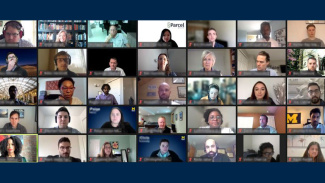
During the 2021 winter term, the new Pinkert Heathcare Accelerator welcomed its first cohort of 13 teams developing needed solutions to challenging healthcare issues. Several of the teams include students from the Ross School of Business.
The accelerator, which is managed by the Zell Lurie Institute at Michigan Ross, supports high-impact healthcare innovation by students at the University of Michigan.
Through a competitive application process, Michigan Ross and U-M students with innovative solutions to important healthcare problems - from those that are working to understand needs in a space to those ready to launch a product or service - are welcomed into the accelerator.
Four of the teams in the accelerator’s first cohort were in the vision stage of evaluating unmet needs including Suzanne Shoffner, MD/PhD '25, and Chris Connolly, MD/MBA ‘22, in 3D printing; and Paige Mintz, MBA '22, and Eric Pinsker, MBA '22, in telehealth.
Nine ventures had entered the new startup phase. Among those ventures is Buddy Health, a platform that enables students to identify healthcare providers attuned to their needs, which was started by Payal Parikh, MBA ’21, and Kasha Scott, MBA ’21.
Parikh and Scott, who are both Pinkert Scholars, decided to apply to the Pinkert Healthcare Accelerator after taking Mike Johnson’s Healthcare Startups: Understanding Needs and Creating Ventures in Healthcare course their first year.
“From that class, we gained the initial tools to ideate different healthcare business ideas,” explained Scott. “When COVID-19 first struck, we realized how trying the pandemic was on universities, and thus Buddy Health was born. We had previously participated in other Zell Lurie Institute workshops like Dare to Dream, and we were excited about participating in a strictly healthcare-based accelerator program.”
Advancing their new ventures, learning from each other and established healthcare entrepreneurs

After participating in the accelerator, Parikh and Scott thought the most beneficial aspect of the program was having a healthcare-based cohort. “It's nice that the other students are at all different stages of the business, and it felt very collaborative in terms of getting feedback from each other and providing support to teams who were earlier in the process,” said Parikh.
Fellow cohort member Stew Kerr, MBA '21, also felt the accelerator helped him and his cofounders, Alexander Erikson, MBA '21, and Stephen Goldberg, MD '21, advance their innovative medical device company, MyAutO2.
“The accelerator required us to constantly revisit our foundational assumptions as a business, such as our customer needs, our value proposition, and our business model,” explained Kerr. “We came in having developed a business model canvas and explored the customer problem, but the accelerator offered a great opportunity to revisit and get insight from other healthcare-minded individuals. Ultimately, we came out of the program with a further refined vision for the company and how we planned to serve our market.”
Along with Parikh and Scott, Kerr said he enjoyed the interactions with his cohort peers, including those from outside of Michigan Ross, and having access to guest speakers and U-M alumni.
“My favorite part was presenting at the Demo Day at the end of the semester,” he said. “We had a chance to pitch to Michael Pinkert and a panel of other experienced healthcare entrepreneurs who offered valuable insight and feedback. We’ve actually kept in touch with a number of these individuals since the presentation, which is another example of the value the accelerator has offered us.”
Adding to the “invaluable” entrepreneurial resources at Michigan Ross and U-M
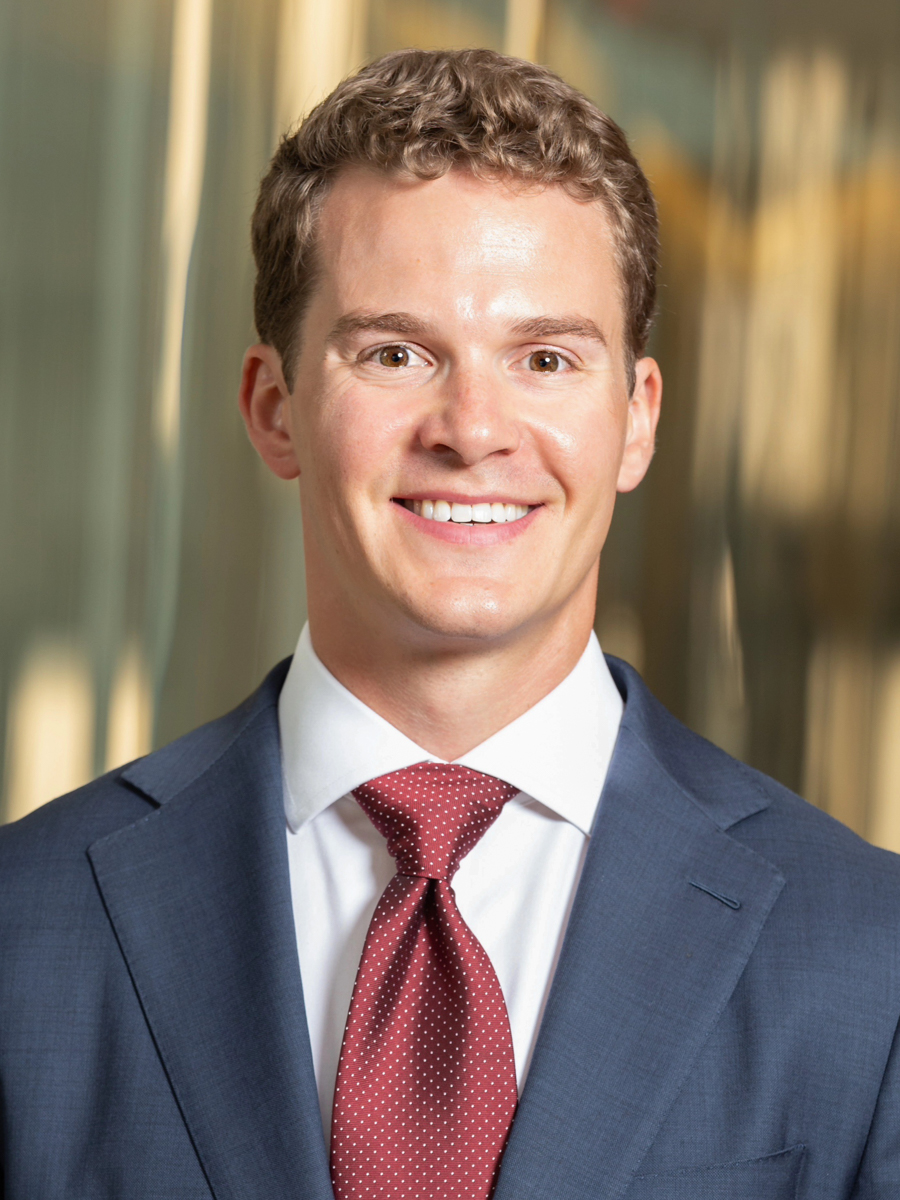
The Pinkert Healthcare Accelerator joins an expansive portfolio of offerings that support students in their entrepreneurial journey at Michigan Ross and U-M.
For example, Kerr conceived the idea for MyAutO2 with his cofounders through an incubator program at U-M called Sling Health, which connects biomedical-focused students from different schools across campus.
“After our team won the 2020 Sling Health Demo Day, we became more involved in ZLI programs, such as Dare to Dream, Michigan Business Challenge, and the Zell Entrepreneurs Program, all of which were invaluable experiences,” he said.
Kerr was also a member of the Wolverine Venture Fund, a student-led fund that invests in early stage companies, and took multiple entrepreneurship courses at Michigan Ross before joining the Pinkert Healthcare Accelerator.
Taken together, this diverse set of experiences was instrumental in my success at Michigan Ross, and will lay the foundation for my entrepreneurial endeavors for the rest of my career.
The Pinkert Healthcare Accelerator’s first student cohort
|





